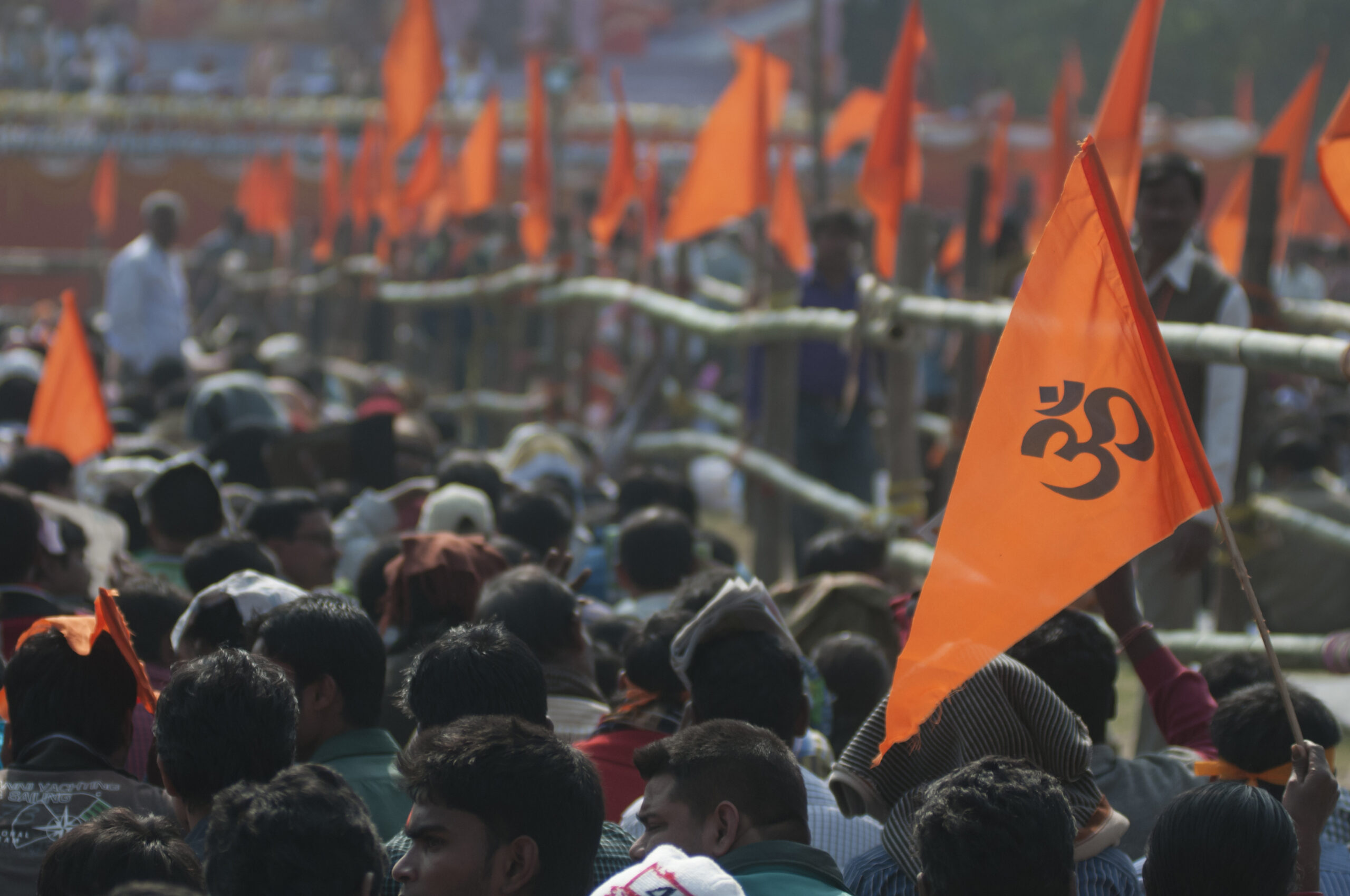
Asia’s wealthiest man, Mr. Gautam Adani, and his business conglomerate have been embroiled in numerous allegations of corporate scandals in recent times. From the Hindenburg Report to accusations of fraudulent business practices in the United States, these controversies point to a deeper nexus between business and politics. The allegations of fraudulent practices have expanded as rapidly as Adani’s business empire. The meteoric rise in wealth of the so-called self-made billionaire is closely linked to the rise of Hindutva politics, starting with the consolidation of state power in Gujarat and extending to Delhi, where it came to control the union government.
The relationship between Mr. Narendra Modi and Mr. Adani is well-known, with opposition parties frequently alleging that Mr. Modi supported Adani during his tenure as Gujarat’s Chief Minister—a trend they claim has continued in his role as India’s Prime Minister.
This relationship has been described as the foundation of Hindutva crony capitalism in India, playing a crucial role in the expansion of Adani’s business empire. Meanwhile, allegations of bribery and scandals connected to Adani have surfaced across India, Kenya, and the United States. In light of these controversies, Indian opposition parties are intensifying calls for a comprehensive probe.
However, the leadership of Hindutva politics continues to defend Mr. Adani, framing attacks on him as attacks on India itself. This narrative reflects a long-standing historical relationship between business and Hindutva politics in the country. Business elites and influential business communities have been the lifeblood of Hindutva politics and its crony capitalist framework in the name of economic growth. The big bourgeoisie have consistently supported the authoritarian politics of Hindutva, aligning with the interests of local, regional, national, and international capitalist classes. This reciprocal relationship underscores the deep intertwining of economic and political power under the Hindutva model of economic development concomitant with capitalism. Such a political and economic vision brings Hindutva politics closer to American imperialism and its global hegemonic projects.
Hindutva proponents are either enthusiastic cheerleaders of imperialist interventions and wars or silent collaborators of American imperialism. The anti-Muslim bonhomie between Hindutva and imperialism intensified and initiated an inseparable bond in the aftermath of the 9/11 War on Terror. Under the pretext of fighting terrorism, Hindutva and imperialist forces initiated a joint effort to expand NATO’s influence into Asia, exemplified by the creation of the Quadrilateral Security Dialogue (QUAD) aimed at containing China. This shift fundamentally undermined India’s long-standing independent foreign policy rooted in the principles of the Non-Aligned Movement (NAM). The NAM’s anti-imperialist principles have played a pivotal role in movements for decolonisation, democratisation, and the establishment of newly independent nations across Asia, Africa, and Latin America. Moreover, it significantly contributed to the democratisation of international relations, challenging the hegemony of imperialist and colonial powers dominated by Western Europe and the United States.
Hindutva forces did not participate in the anti-colonial struggle and instead collaborated with British colonialism to undermine India’s freedom movement in the name of establishing a Hindu nation. This historical precedent made it easier for Hindutva leaders to align with imperialist forces led by the United States. However, widespread public opposition in India to the Russia-Ukraine conflict forced Hindutva leaders to avoid openly siding with imperialist powers.
Similarly, the revival of India-China dialogue aimed at ensuring border peace and stability has thwarted imperialist aspirations for conflict-based profit in Asia. In response, imperialist leadership appears to be indirectly pressuring Hindutva leadership and its government by initiating investigations into allegations of fraudulent business practices involving Mr. Gautam Adani, a close ally of Prime Minister Modi. These investigations also highlight Adani’s connections with the Indian government’s Solar Energy Corporation of India (SECI) and its ties to Adani Green Energy Limited (AGEL), which lies at the center of the U.S. indictment. Such legal actions by the American government are a strategic move to protect and promote the interests of American corporations. The notion of “national interest” serves as a facade, benefiting neither the people of America nor those of India.
Fraudulent business practices are at the core of imperialism, and the scandals surrounding European and American neocolonial practices define their everyday existence. The Adanies of the world have no national identity or true national interests; their business interests define the very purpose of their lives. American companies exploit working people on a daily basis, just as Indian companies do, with their respective governments actively supporting these crony capitalists in the name of protecting national interests. Nation and nationalism have become the new hiding grounds for crony capitalists and their imperialist allies. It is time to expose these unholy alliances that exploit people and funnel public property into private pockets under the guise of national interests across the world.
If legal systems had protected the interests of the working masses through their laws, rules, regulations, courts, and judiciaries, there would be no imperialism or crony capitalists and their unjust system. Legal systems across the globe protect the propertied class while undermining the people and their interests. Corporate judiciaries uphold the interests of imperialist powers and their hegemonic dominance. Hindutva politics, along with their crony capitalists and imperialist allies, function in a lawless zone. Their core interests bind them together more than their temporary differences and conflicts. Therefore, the US indictment of Adani is nothing more than a storm in a Hindutva teacup, brewed in the imperialist kitchen.
